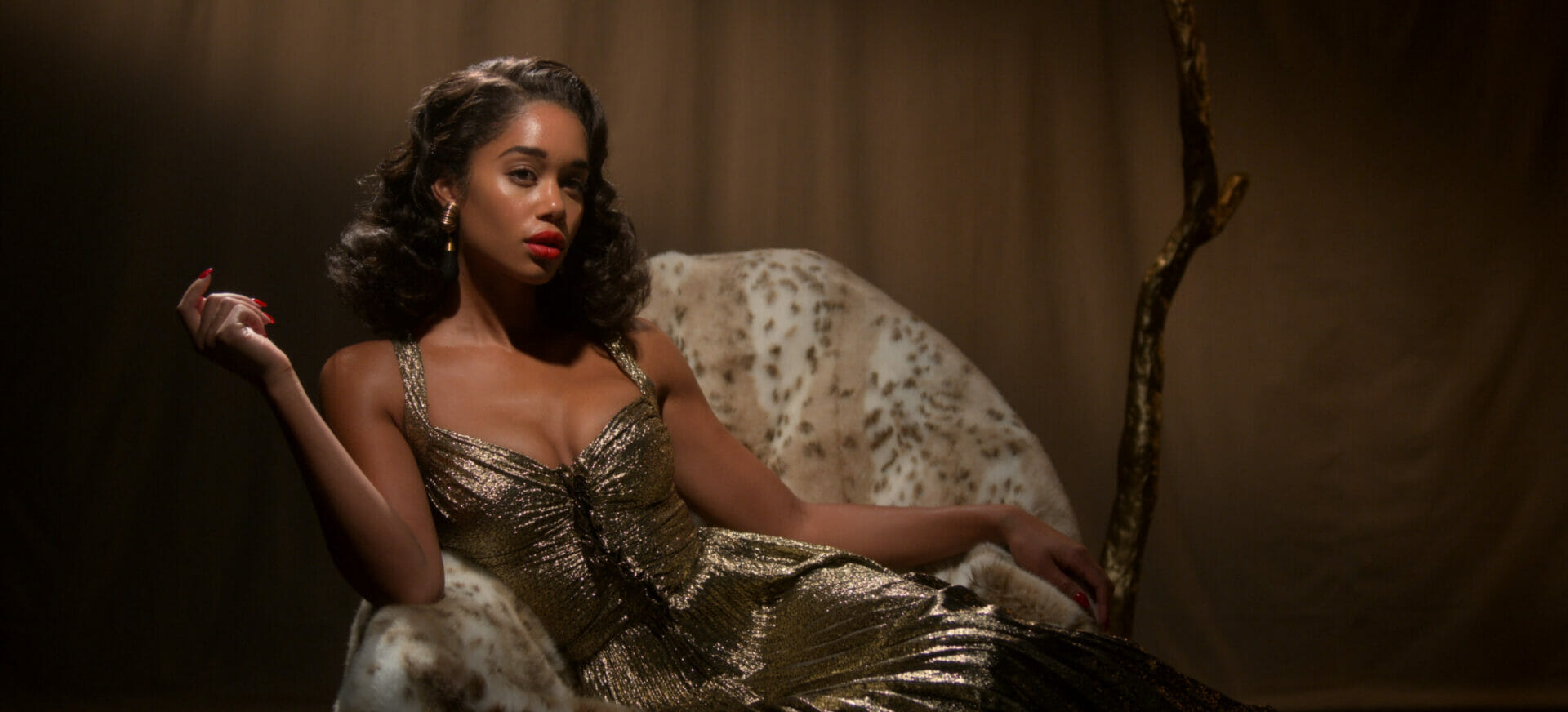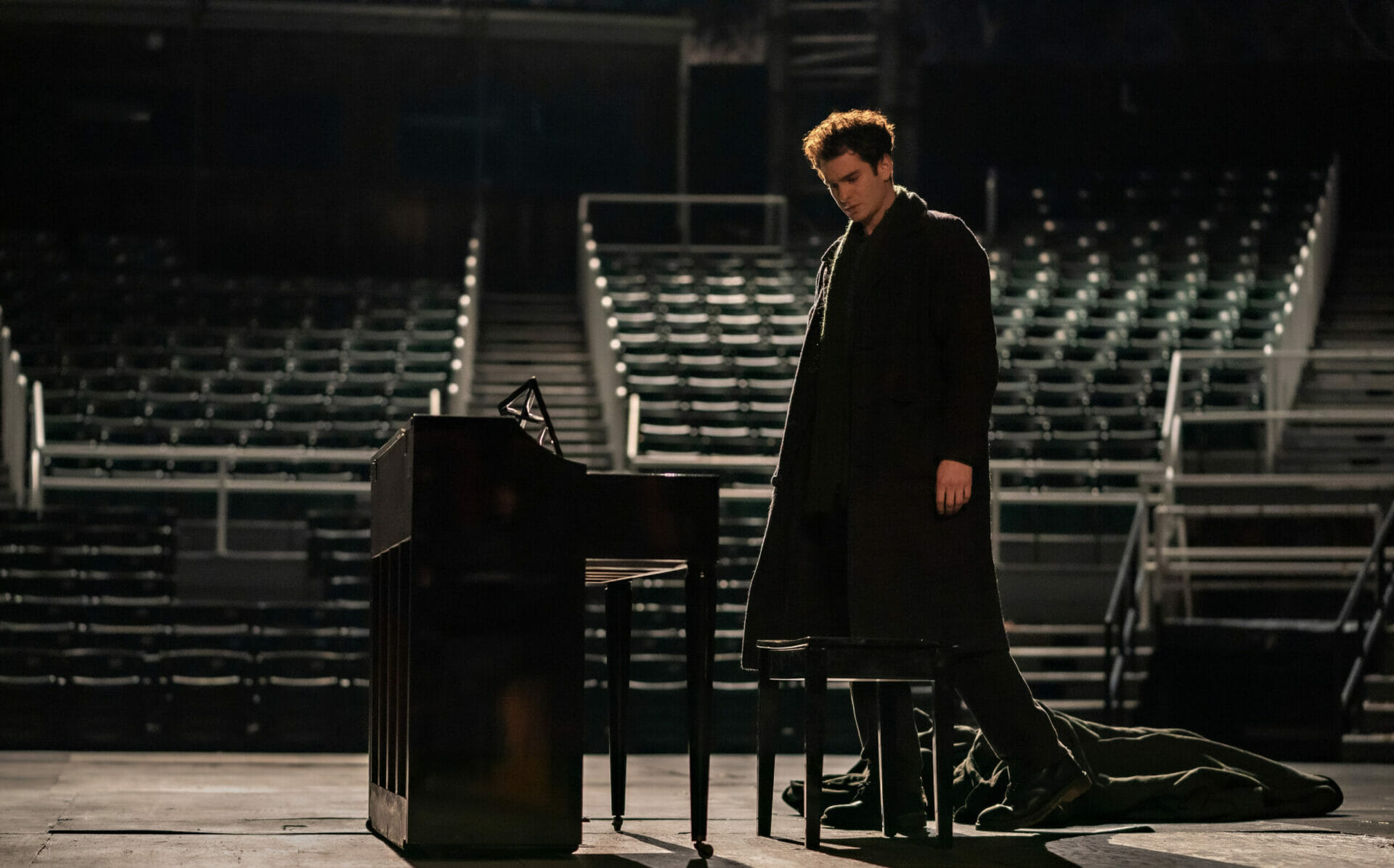
Pose | Ball Culture and Trans Representation
Director
Year
Country
Seasons
Runtime
Genre
Music by
New York City, the late 1980s. Yuppiedom is on the rise and the HIV/AIDS epidemic is starting to hit a large part of the country’s population. At its heart, FX‘s drama Pose features a group of queer Black and Latino youth rejected by their families, thus representing one of the most ostracized segments of society. They have been mocked, ghettoized, and often assaulted. As a result, many of them turned to prostitution or drug dealing to barely make a living. Pose tells the story of how this group finds salvation in the ballroom scene, where they find a home within so-called “houses”, family-like structures usually led by a “mother” or a “father”. Among them is the homeless dancer Damon (Ryan Jamaal Swain), and the trans woman and sex worker Angel (Indya Moore). They join the House of Evangelista, founded by the trans woman with AIDS, Blanca (Michaela Jaé Rodriguez).
Created by Ryan Murphy, Brad Falchuk, and Steven Canals, Pose aims to narrate and highlight New York City’s ballroom scene in the 1980s and early 1990s. Ryan Murphy and Brad Falchuck team up again after co-creating the hit TV shows Glee (2009), American Horror Story (2011), and Scream Queens (2015).
- Ball Culture and Voguing
- Trans Representation and the Evolution of Family
- The Category Is… Making History!
Ball Culture and Voguing
The term ball culture describes an underground LGBTQ+ subculture that emerged in New York City among African Americans and Latinos. Although its roots date back to the 1920s, ball culture gained popularity in the late 1960s in Harlem after the Stonewall riots. Ballrooms were a safe space for the Black and Latino LGBTQ+ community to express themselves freely. Specifically, ball culture focuses on a wide range of competitions split into categories, where ball participants walk and pose on a runway, and show off their talents and outfits to a panel of judges. Performances often include dance and modeling. It was in these spaces that a specific language of this underground culture took shape. One of the main ones was the style of dance known as voguing, named after the famous fashion magazine and then brought to worldwide fame by Madonna‘s 1990 song.
Pose drew inspiration from Jennie Livingston‘s groundbreaking 1990 documentary on NYC drag ball culture Paris Is Burning. Some of the characters are actually based on real people featured in the documentary. Some of them even play a small role in the show, such as Jose Gutierez “Xtravaganza”. Lastly, ball culture, vogueing, and drag culture are both at the heart of the modern reality competitions Legendary (2020) and RuPaul’s Drag Race (2009).
Trans Representation and the Evolution of Family
Pose is just one of a number of productions that have recently spotlighted trans culture and trans identity. The show differs from previous portrayals of this theme – such as those of The Danish Girl (2015) and 3 Generations (2015) – precisely by casting trans actors as trans characters. Indeed, Pose features the largest cast of transgender actors in television history.
Pose shows a subtext that explores the evolving movement of the concept of family, which from a sociological perspective, shows how “houses” operate as surrogate families, providing guidance and support to their children. They are a social system that shows the evolutionary journey of the nuclear family to a diverse and more inclusive form of family. In “houses”, blood ties are replaced by more complex relational dynamics in which the theme of identity is dominant.
To sum up, Pose succeeds in both educating and thrilling the viewer with a perfect balance of fiction and historical accuracy. According to FX, Pose will end with season three, set to premiere on May 2, 2021.
The Category Is… Making History!
Over the course of the series, Pose earned many awards and two cast members have also made history. Indeed, in 2019, actor Billy Porter won the Primetime Emmy Award for Outstanding Lead Actor in a Drama Series for his role as “Pray” Tell, becoming the first openly gay Black man to win in an Emmy lead acting category. In addition, in 2021, actress Michaela Jaé Rodriguez became the first trans performer to pick up an Emmy nomination in a lead acting category. But it doesn’t end there. At the 79th Golden Globe Awards, Mj Rodriguez broke one more record. Indeed, she became the first trans actress to win a Golden Globe.
It all goes to show how Pose, in just three seasons, has been able to make its mark on the industry and the world of storytelling, ushering in meaningful and inclusive new frontiers.
Tag
Buy a ☕ for Hypercritic










